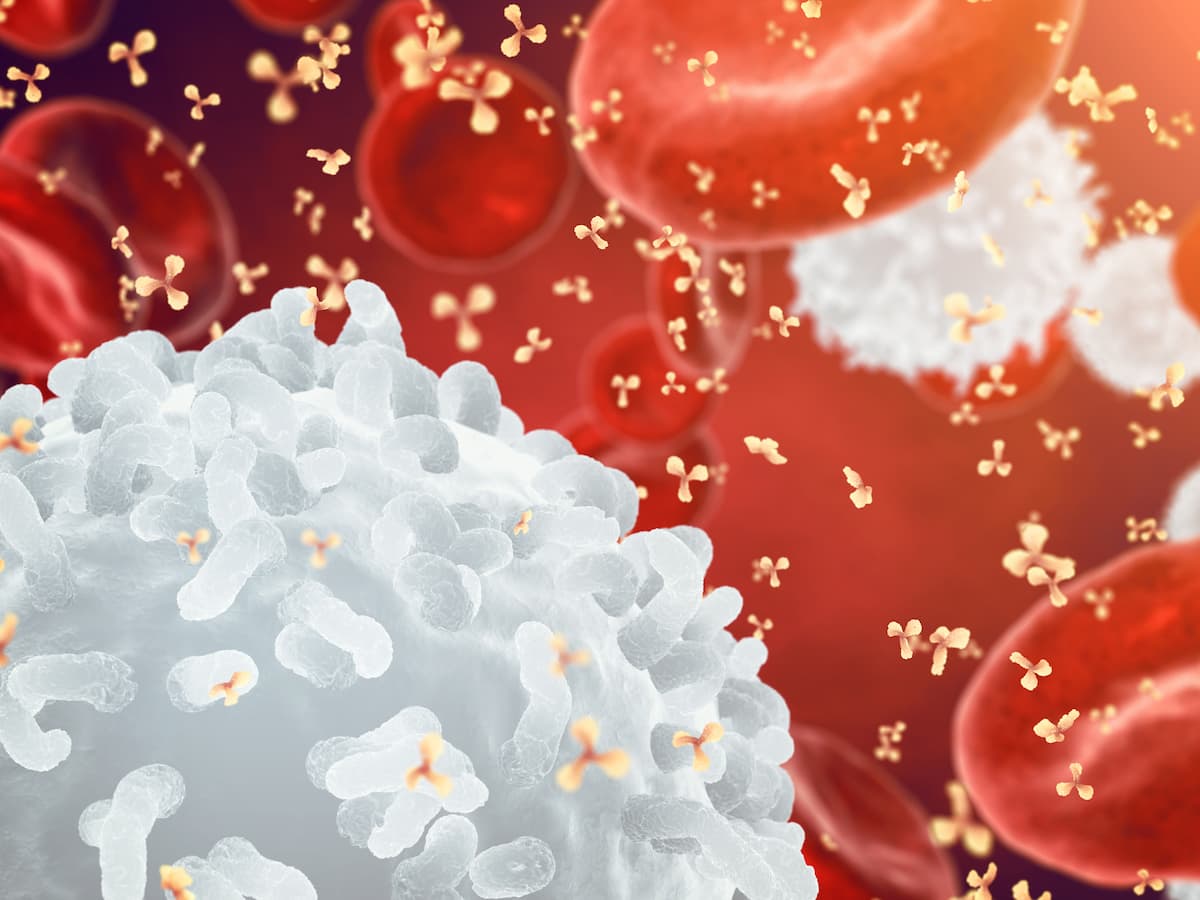
Frederick Locke, MD, Talks Unmet Needs Reduced by Axi-Cel Use in LBCL

Frederick Lock, MD, spoke about how axicabtagene ciloleucel has improved survival in patients with large B-cell lymphoma.
Frederick Locke, MD, vice chair of the Department of Blood and Marrow Transplant and Cellular Immunotherapy as well as program co-leader of Immuno-Oncology at Moffitt Cancer Center in Tampa, Florida, spoke to CancerNetwork® about the use of axicabtagene ciloleucel (Yescarta; axi-cel) for patients with relapsed/refractory large B-cell lymphoma (LBCL) has improved survival. Recently, the
Transcript:
This approval addresses an unmet need, which is patients who relapse within 12 months of initial therapy. Patients with LBCL who progress within 12 months of initial therapy have overall poorer outcomes. We now know that if we can get them CAR T-cell therapy with axi-cel as a second-line treatment, we’re ultimately offering the best treatment for the patients earlier. On the trial that led to this approval for axi-cel in the second line, 40% of patients who were randomized to receive axi-cel remain without progression, alive, and not needing other therapy 2 years after the treatment. That’s compared with 16% of patients who went down the path of chemotherapy and if they responded, got an autologous transplant. The key here is that we should give the best treatment available to patients earlier in the disease course. That requires early referral.
References
- FDA approves axicabtagene ciloleucel for second-line treatment of large B-cell lymphoma. News release. FDA. April 1, 2022. Accessed April 8, 2022. https://bit.ly/3LAUUFD
- Locke F, Miklos DB, Jacobson CA, et al. Primary analysis of ZUMA‑7: a phase 3 randomized trial of axicabtagene ciloleucel (axi-cel) versus standard‑of‑care therapy in patients with relapsed/refractory large B-cell lymphoma. Blood. 2021;138(suppl 1):2. doi:10.1182/blood-2021-148039
Newsletter
Stay up to date on recent advances in the multidisciplinary approach to cancer.







































